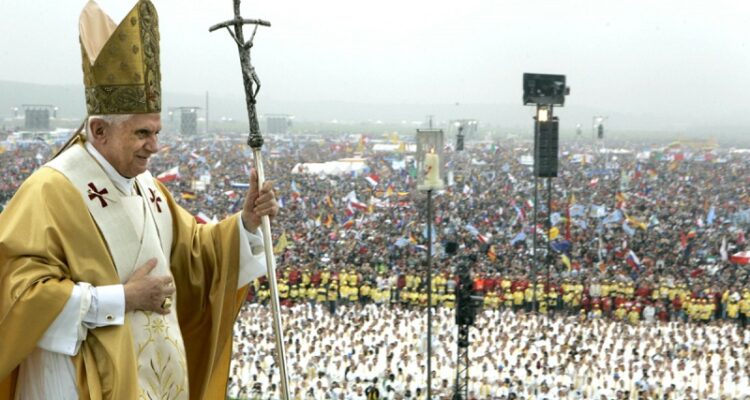Benedict XVI leaves behind a complex legacy as a Pope and theologian.
To many observers, Benedict, who died on 31st December, 2022 at the age of 95, was known for criticizing what he saw as the modern world’s rejection of God and Christianity’s timeless truths. But as a scholar of the diversity of global Catholicism, I think it’s best to avoid simple characterisations of Benedict’s theology, which I believe will influence the Catholic Church for generations.
While the brilliance of this intellectual legacy will certainly endure, it will also have to contend with the shadows of the numerous controversies that marked Benedict’s time as Pope and, later, as Pope Emeritus.
Benedict was born Josef Alois Ratzinger on 16th April, 1927, in Marktl am Inn, Germany. During World War II, he was required to join the Hitler Youth, a wing of the Nazi Party. He was later drafted into an anti-aircraft unit and then the infantry of Nazi Germany.
In 1945, he deserted the German military and was held as a prisoner of war by the Americans; he was released when World War II concluded. In 1946, he went to study for the priesthood and was ordained five years later. He completed his doctorate in theology in 1953.
Read the article by Mathew Schmalz in Sight Magazine.

